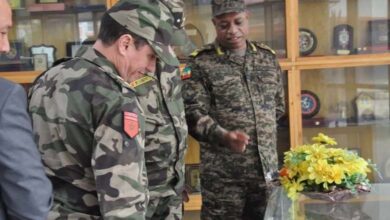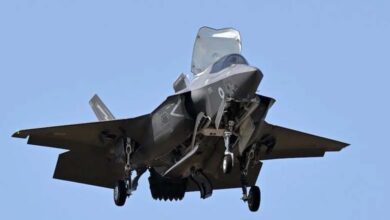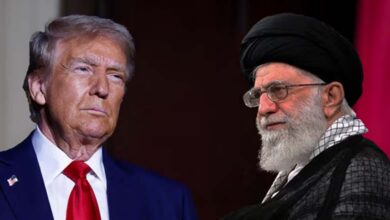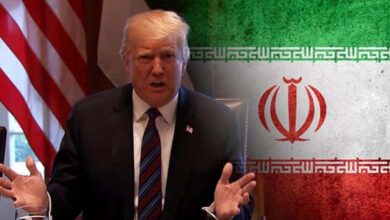After a Decade, Why Did the United States Decide to Withdraw Its Troops from Niger?
The United States has decided to withdraw its troops from Niger
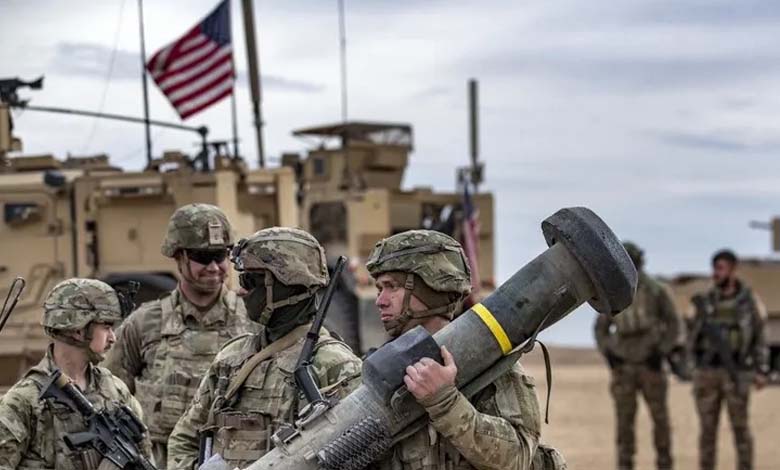
The Pentagon announced that U.S. forces will withdraw from Niger by September 15, ending a partnership that lasted nearly a decade and was a cornerstone of U.S. counterterrorism operations in the region.
The Pentagon stated in a joint statement that the two countries reached an agreement after five days of negotiations in Niamey earlier this week.
American Decision
According to the American newspaper “Wall Street Journal,” a senior Defense Department official described the withdrawal as “not a good outcome.” Pentagon officials said the withdrawal does not necessarily mean the end of the U.S. presence in Niger or the broader region.
However, officials could not specify what this future relationship might look like, hoping that the two countries could agree on some form of future partnership, even as the current ruling forces demand the departure of the United States.
The United States announced that it is moving some troops to other parts of the continent but did not specify those locations. They also stated that they would retain some equipment in Niger that could be used by local forces or that would be too costly to remove.
The American official added, “Those who control the country are not a homogeneous entity, it’s a council, which means there is ongoing discussion, and thus an opportunity for us to continue to engage and have some influence in this effort. Although this is not a good decision, I can’t say it is final yet.”
Deterioration of Relations
The newspaper added that relations between Niamey and Washington deteriorated after the military ousted President Mohamed Bazoum in a coup in July, leading to restrictions on military aid under U.S. law. While the United States urged the new regime to release the deposed president and restore civilian rule, Nigerien generals, led by Abdourahamane Tchiani, expanded ties with Moscow. Russia sent more troops to Niger, some now operating from the same American base from which U.S. forces have not yet withdrawn.
Earlier this year, despite U.S. attempts to salvage relations, Niger officially ordered the United States to withdraw counterterrorism forces and drones from the country. In March, senior U.S. officials traveled to Niamey to raise their concerns with Niger’s ruling military council about the increasing presence of Russian forces and reports that Iran is seeking Nigerien uranium and other raw materials.
The newspaper explained that until the military coup, Niger was central to Washington’s counterterrorism strategy in the region, with American Green Berets advising local commandos during combat operations against what has become the world’s most active terrorism, and American drones monitoring rebel activities.
There were about 1,000 U.S. troops in Niger. The Pentagon stated that 100 of these troops had already left, and the U.S. departure would leave only a few dozen American troops split between Benin and Chad.
A senior Defense Department official told reporters on Sunday that the Nigeriens said they would protect the departing U.S. forces. The United States could not determine the amount of equipment it will withdraw, saying some could be used by local partners.
Pentagon officials said the United States would retain its embassy in Niger.




